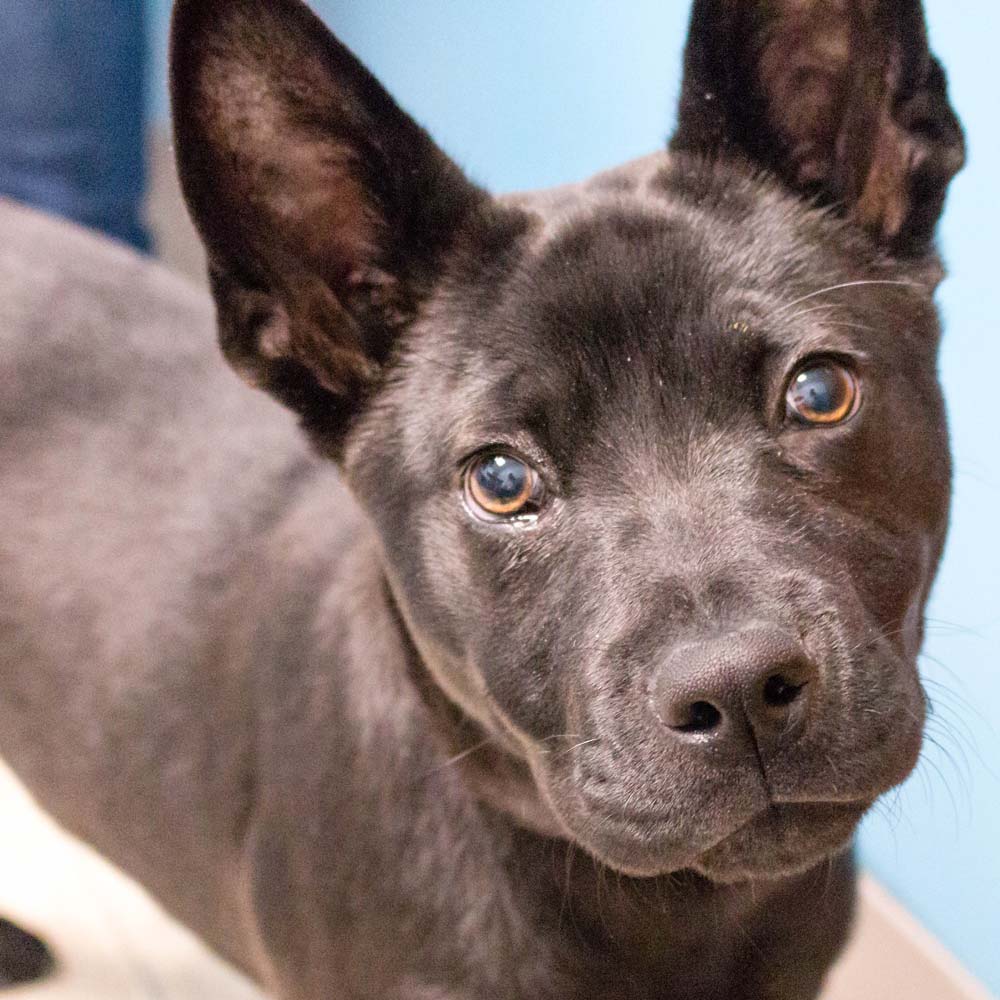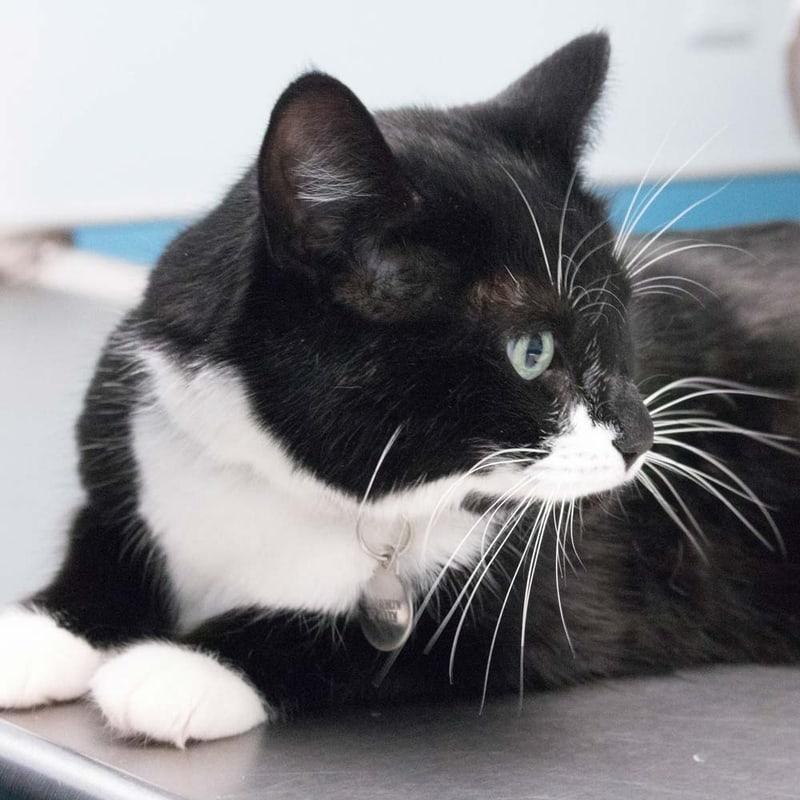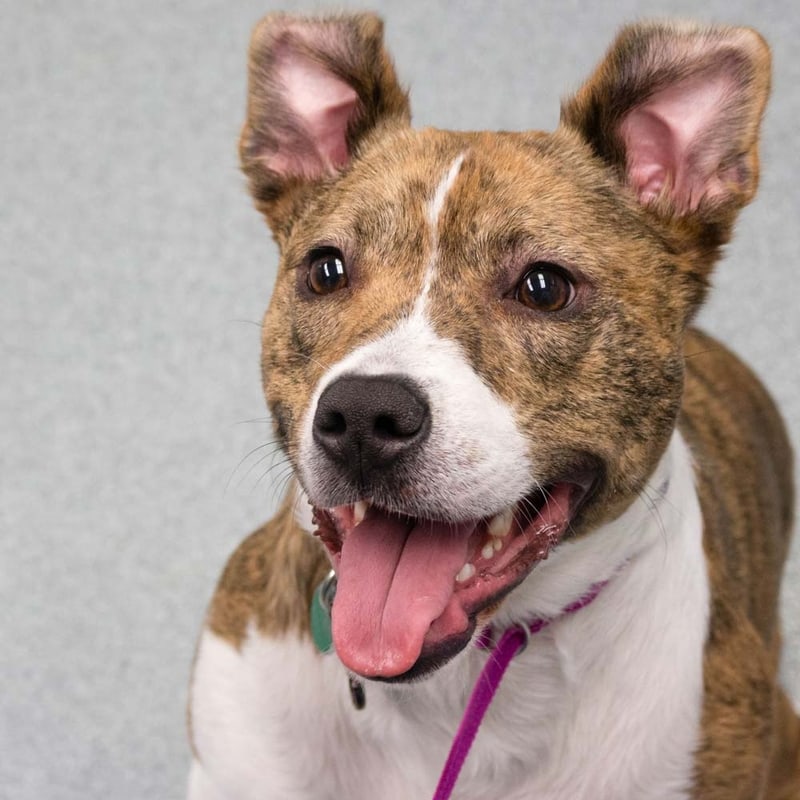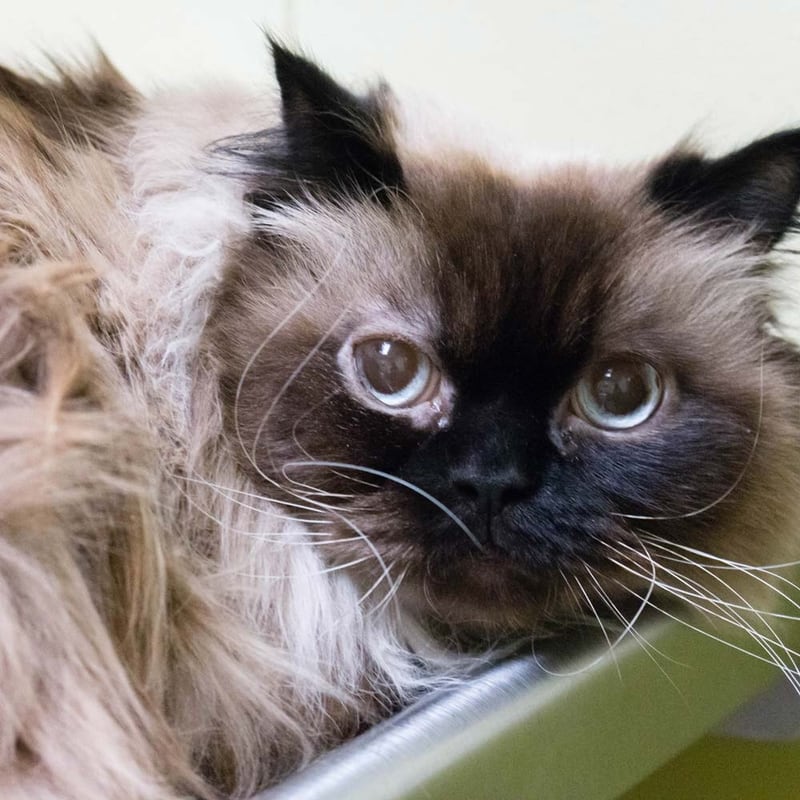Library
-
Rabbits can make wonderful pets for those willing to understand their unique characteristics and needs. They are very intelligent and always adorable, but require special handling and more supervision than some other pet species. As it is with all pets, though, rabbits require a healthy diet, lots of activity, social interaction, and routine veterinary care to live happy and healthy lives.
-
Most cats care for their kittens with little need for human intervention; if they do not, then their caregivers need to step in. It is critical to maintain a warm environment and ensure they receive enough milk. Kittens’ weight should be checked daily in the first two weeks and any prolonged crying should be investigated. Feeding can be supplemented with commercial milk replacer if needed. Further feeding and vaccination recommendations are discussed. Contact your veterinarian for specific instructions.
-
Most dogs care for their puppies with little need for human intervention; if they do not, then their caregivers need to step in. It is critical to maintain a warm environment and ensure they receive enough milk. Puppies’ weight should be checked daily in the first two weeks, and any prolonged crying should be investigated. Feeding can be supplemented with commercial milk replacer if needed. Further feeding and vaccination recommendations are discussed. Contact your veterinarian for specific recommendations.
-
A RAST test, or radioallergosorbent test, is a blood test that can be used to determine which allergens are causing a pet's allergies. This test is often performed as part of the workup for atopic dermatitis in cats. The results of allergy testing are typically used to develop a hyposensitization plan for your cat, which helps desensitize your cat to allergens. Many cats treated with hyposensitization, formulated on the basis of RAST results, experience a significant reduction in the signs of allergic dermatitis.
-
A RAST test, or radioallergosorbent test, is a blood test that can be used to determine which allergens are causing a pet's allergies. This test is often performed as part of the workup for atopic dermatitis in dogs. The results of allergy testing are typically used to develop a hyposensitization plan for your dog, which helps desensitize your dog to allergens. Many dogs treated with hyposensitization, formulated on the basis of RAST results, experience a significant reduction in the signs of allergic dermatitis.
-
Cats have evolved to hide signs of illness and pain. This means that in the early stages of illness, often the only thing that a cat owner may notice is that the cat has become quiet and withdrawn. This article outlines some signs of illness you can look for. In general, any sudden change should alert you that your cat needs veterinary attention. If your cat does not seem right, make an appointment see your veterinarian for an examination as soon as possible.
-
In the wild, a bird will try to uphold a strong appearance when sick. By the time a pet bird begins to display symptoms of illness, it has likely been sick for several days to weeks. Many things contribute to ill health. This handout provides bird owners with a list of signs that will alert them that their bird is sick.
-
Adding a new kitten to your family is a lot of fun, but it is also a big responsibility. This handout reviews basic kitten care, including vaccinations, internal and external parasites, nutrition, and nail care. It also reviews the importance of early spay/neuter and microchip identification.
-
Congratulations on the addition of a new puppy to your family! This handout provides general care advice for your puppy, including nutrition, play and chewing behavior, housetraining, socialization, nail trimming, and basic first aid.
-
Owning a puppy can be an extremely rewarding experience but it is also a large responsibility that lasts the entire lifetime of the dog. Working with your veterinarian, there are several preventive measures to help keep your puppy safe and healthy as he grows up, including vaccination, parasite treatment and prevention, identification, and spaying or neutering your dog.







